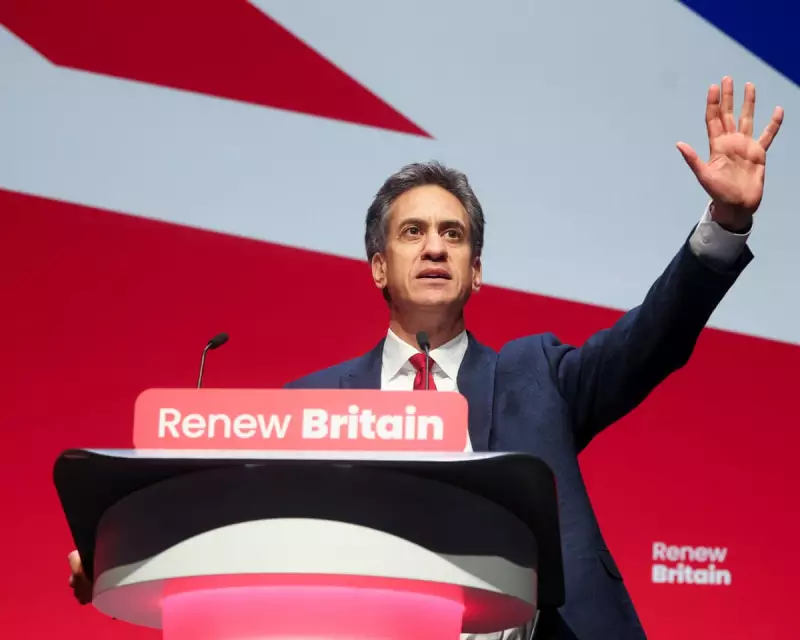
Britain stands at a critical juncture in its energy future, facing a choice that will define the nation's economic competitiveness and environmental legacy for decades to come. While other major economies race ahead with ambitious climate investments, the UK risks being left behind by political squabbling and manufactured culture wars.
The Cost of Delay
Recent months have exposed the fragility of Britain's energy infrastructure and the economic consequences of delayed action. With energy bills remaining stubbornly high and climate targets slipping further from reach, the need for decisive government leadership has never been more urgent.
Other nations are seizing the economic opportunity presented by the green transition. The United States continues to implement its Inflation Reduction Act, pouring billions into clean technology, while European countries accelerate their renewable energy deployments. Britain, once a climate leader, now risks becoming a spectator in the global race for clean energy dominance.
Beyond Political Point-Scoring
The transformation needed extends far beyond symbolic gestures or short-term political victories. It requires a fundamental overhaul of our energy systems, substantial infrastructure investment, and consistent policy support that survives electoral cycles.
Rather than treating climate policy as another battlefield in the culture wars, politicians should recognise what the evidence clearly shows: that clean energy represents not just environmental necessity but economic opportunity. The transition to renewables promises energy security, job creation in emerging industries, and protection from volatile fossil fuel markets.
A Practical Path Forward
The solutions are well-established and economically sound:
- Accelerating renewable deployment - particularly offshore wind and solar, where Britain has significant natural advantages
- Modernising the national grid to handle distributed energy sources and increased electrification
- Investing in energy storage and smart technologies to ensure reliability
- Supporting household transitions to electric vehicles and heat pumps with proper infrastructure and financial assistance
What Britain cannot afford is more delay disguised as debate. The climate crisis doesn't pause for political convenience, and economic opportunities won't wait indefinitely for Britain to get its house in order.
The choice is clear: embrace the future with serious, sustained investment in clean power, or remain trapped in circular political fights while other nations capture the jobs, innovation and security that the energy transition offers.





